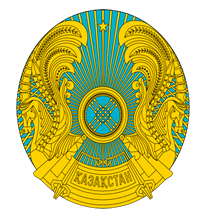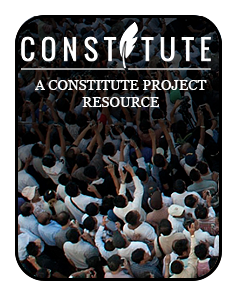Location
Ethnic Kazakhs, a mix of Turkic and Mongol nomadic tribes who migrated to the region by the 13th century, were rarely united as a single nation. The area was conquered by Russia in the 18th century, and Kazakhstan became a Soviet Republic in 1936. Soviet policies reduced the number of ethnic Kazakhs in the 1930s and enabled non-ethnic Kazakhs to outnumber natives. During the 1950s and 1960s agricultural "Virgin Lands" program, Soviet citizens were encouraged to help cultivate Kazakhstan's northern pastures. This influx of immigrants (mostly Russians, but also some other deported nationalities) further skewed the ethnic mixture. Non-Muslim ethnic minorities departed Kazakhstan in large numbers from the mid-1990s through the mid-2000s and a national program has repatriated about a million ethnic Kazakhs back to Kazakhstan. These trends have allowed Kazakhs to become the titular majority again. This dramatic demographic shift has also undermined the previous religious diversity and made the country more than 70% Muslim. Kazakhstan's economy is larger than those of all the other Central Asian states largely due to the country's vast natural resources. Current issues include: developing a cohesive national identity, expanding the development of the country's vast energy resources and exporting them to world markets, diversifying the economy, enhancing Kazakhstan's economic competitiveness, and strengthening relations with neighboring states and foreign powers.
Kazakhstan is a presidential republic.
Source: CIA World Factbook
Members:
Resources
Displaying 11 - 15 of 69Constitution of Kazakhstan 1995 (rev. 2011)
The constitution was approved in a national referendum.
Kazakhstan Civil Code
Article 2(1):
"1. Civil legislation is based on the recognition of the equality of the participants of the relations regulated thereby, inviolability of property, freedom of agreement, prohibition of arbitrary interference in somebody's private affairs, indispensability of the free exercise of civil rights, and provision for the restitution of violated rights and their defence in the court."




